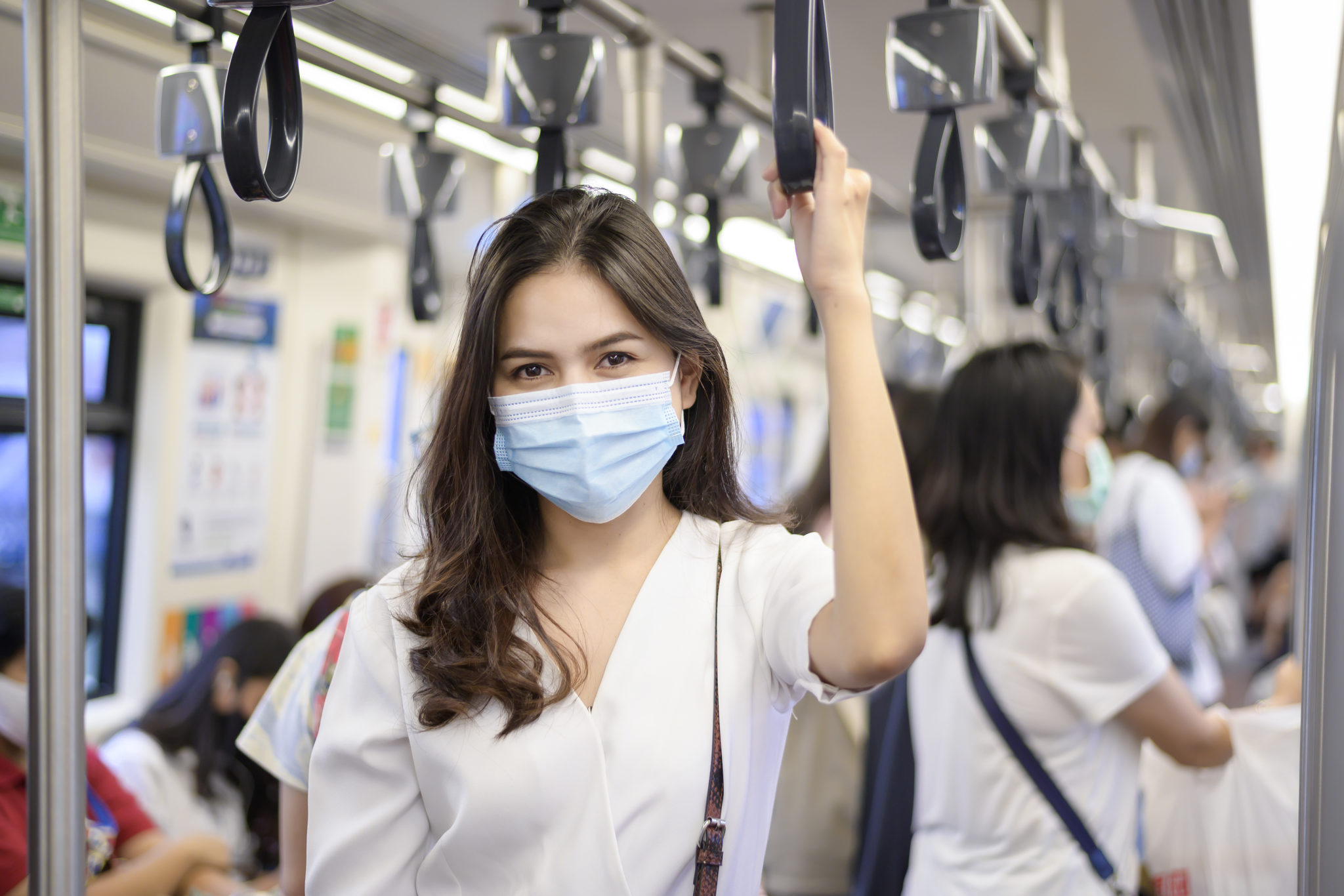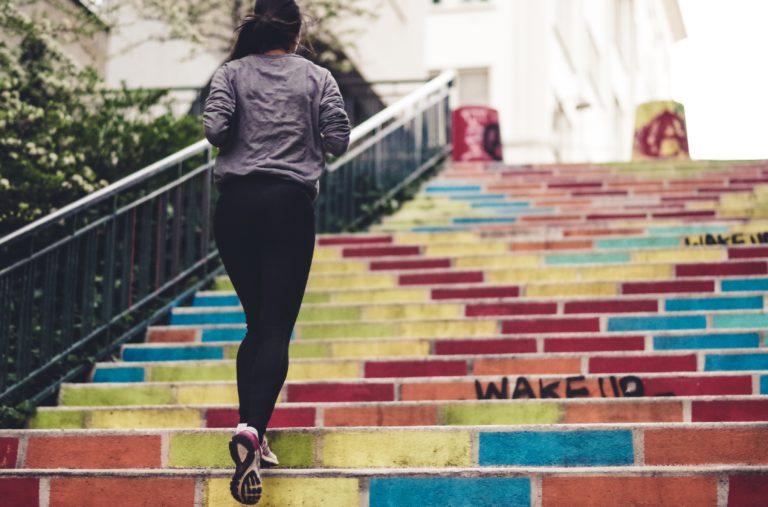What do former candidates Gina Ortiz Jones, Hiral Tipirneni, and Young Kim all have…
When Returning to Normal Doesn’t Work for Half the World’s Population: How to Build Back Better

The time immediately following a crisis creates a window of opportunity to reimagine what the next phase of life can look like. With COVID-19, this opportunity seems more pressing than ever as the pandemic has highlighted the inequalities that made the “old normal” not work for so many, particularly women. In every country, and especially in humanitarian contexts, women face gender discrimination, which often intersects with other forms of inequity stemming from disability, race, ethnicity, or sexual orientation. As countries begin to reopen, we need elected officials who will employ feminist approaches so everyone can access all their rights. We need leaders who are willing to use COVID-19, as terrible as it continues to be, as an opportunity to truly change the status quo for all women and girls, including refugees who are often left out of government plans.
Here are Five Things We Must Do to Build Back Better:
- Have Women at Every Table, Every Time. To ensure that the needs of women and girls are included within rebuilding plans, they need to have active roles in the process. This means electing women, of course, but also including women from communities that were particularly impacted by COVID-19.
- Match Rhetoric with Money. Public officials and the media recognizing that women and girls have specific needs, such as responding to increased violence because of COVID-19, is not enough. Recognition much be matched with significantly increased funding for gender equality and women’s empowerment programming.
- Count Women. If data is not collected on the different experiences of women and girls, we cannot possibly appropriately budget for, or design recovery efforts that respond to the needs of women and girls. Beyond the obvious health-related data needs – like how vaccines will work for women – we need to make sure collecting gender-disaggregated data becomes standard practice across all fields and sectors, rather than the exception.
- Recognize that Sexual and Reproductive Health (SRH) Services are Essential. The needs of women and adolescent girls do not suddenly stop during an emergency. COVID-19 is already impacting adolescent pregnancy. During the Ebola outbreaks, disruptions in SRH services led to an increase in maternal and newborn mortality. SRH services – including access to contraceptive methods and respectful maternity care – are essential and life-saving services that must be prioritized, not politicized.
- Refuse to Leave Women and Girls Behind. Women are already experiencing higher rates of job loss than men as they hold the majority of jobs within heavily-impacted sectors. Girls will face many barriers returning to re-opened schools, like child marriage and early motherhood. As governments begin to reopen economies, it is imperative that tailored livelihood and education efforts are created to account for the needs of women and girls.
None of this will just happen. It will take the concerted effort of leaders who believe in gender equality, in the inherent value and dignity of women and girls, and in the fact that we not only can build back better, but must.
Join the Women & Politics Institute’s “Women on Wednesdays” on tonight, September 16th at 6 PM ET to hear more Kristin Kim Bart. Details and registration here.




